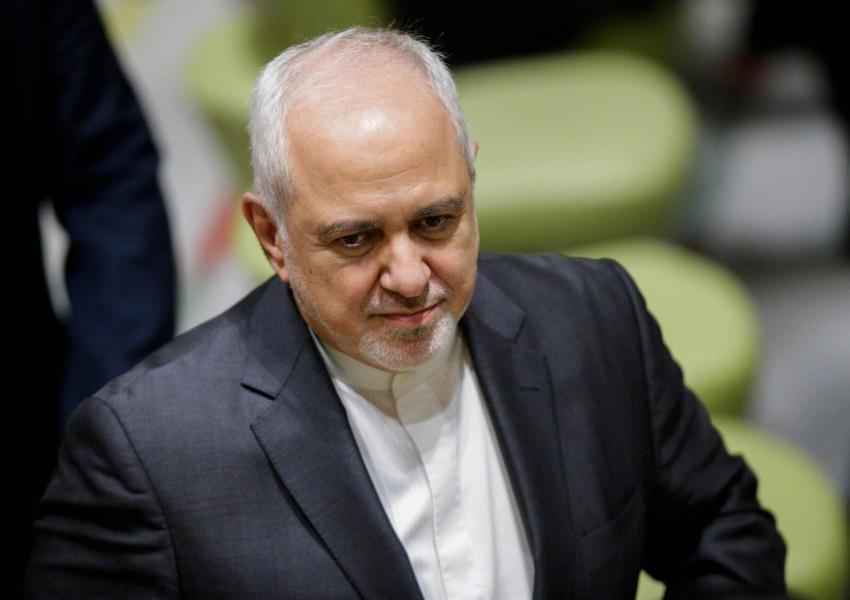
Could President Zarif Lead Iran Talks With Biden?
Maryam Sinaiee -
Iranian media and politicians are speculating over possible negotiations with the next United States administration over the 2015 Iran nuclear agreement to which Joe Biden, the projected US election winner, has pledged to return the US. One idea gaining currency is Mohammad Javad Zarif, Iran’s US-educated foreign minister, leading talks as the next president.
Zarif has always denied any intention of running in the June 2021 presidential election but many reformists and centrists see him a good candidate to defeat principlist rivals. Hardliners and their media, on the other hand, may worry that Zarif’s relative popularity might bring dispirited voters to ballot boxes.
There would be “no better option” than Zarif “if the system concludes” the nuclear deal needed to be “negotiated about again,” reformist politician Ali Soufi told Fararu website. In the jargon, “the system” alludes primarily to Supreme Leader Ali Khamenei, who has last word on strategic matters.
Soufi also noted Zarif’s experience as Iran’s United Nations envoy, his familiarity with US lobbies, and his connections with Democrat politicians (Biden was vice-president in a Democrat administration under President Barack Obama when the nuclear agreement was reached). The problem, Soufi said, was whether people would be motivated to vote for Zarif against hardline rivals.
Many voters shunned parliamentary elections in February 2020 after the constitutional watchdog, the Guardian Council, barred thousands of reformist and moderate candidates, including tens of sitting lawmakers. Turnout fell to 42.6 percent, the lowest in parliamentary elections over the past four decades, and was just 26.2 percent in Tehran. Principlists gained an overwhelming majority of seats, and elected Mohammad Bagher Ghalibaf (Qalibaf), a possible presidential candidate in June, as speaker.
Jalal Jalalizadeh, a leading member of the reformist Etemad-e Melli (National Trust) Party, told Fararu that the Guardian Council was unlikely to allow reformist or centrist candidates unless Khamenei intervened, as he did in 2005 to approve the candidacy of two reformists, Mohammad Moin and Mohsen Mehralizadeh, after they were rejected by the council.
Reformists and moderates may believe disqualifying Zarif would be more difficult for the council than ruling out others. Zarif has been endorsed by Khamenei both as foreign minister and in leading the nuclear negotiations that culminated in the 2015 deal. Fear of Khamenei taking this stance might explain the hardliners intensifying attacks on Zarif.
Kayhan newspaper, which has opposed the nuclear deal, in a commentary on Thursday advised Zarif to retire from politics and claimed he had no chance of winning the presidential election. Zarif might be remembered only as the person “who tied his political destiny to the election of a US president,” Kayhan suggested.
The newspaper, which is funded by Khamenei’s office, also argued that supporters of the current government, led by President Hassan Rouhani, saw Zarif as a means to retain influence: “They are naive about Biden’s policies. One must warn Zarif not to become a tool in the hands of some people to remain in power…This path has only one casualty, the current foreign minister!”



